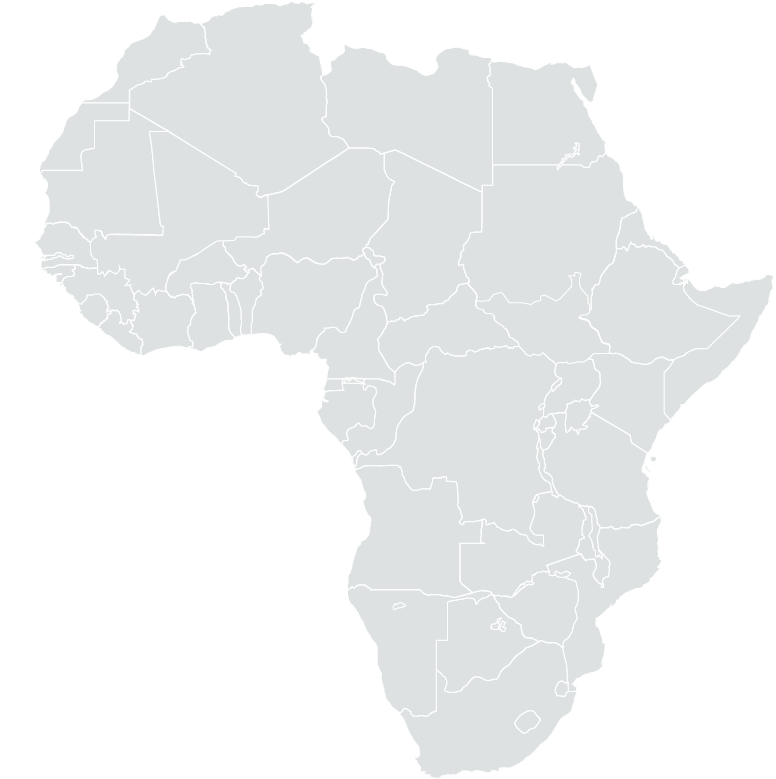
EDCTP-AREF Preparatory Fellowships, 11 fellows
€0.73 M
By type
€44.33 M
201 fellows
Clinical Research and Development Fellowships, 20 fellows
€1.79 M
Career Development Fellowships, 125 fellows
€18.19 M
Senior Fellowships, 45 fellows
€23.62 M

Clinical R&D
Fellowships
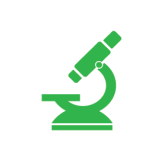
EDCTP-AREF Preparatory Fellowships
Senior Fellowships
Career Development Fellowships
Senior Fellowships Plus
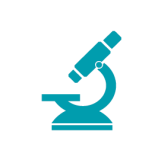
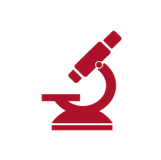
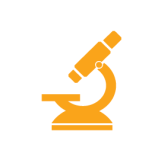
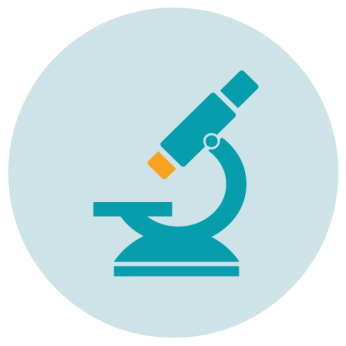
to support 201 fellows to date.
€44.33 M
Total funding

to support 90 projects that strengthen the enabling environment for conducting clinical trials and clinical research.
€85.47 M
Total funding
Health system preparedness for outbreak response, 16 grants
€8.42M
Pharmacovigilance, 3 grants
€6.30 M
€85.47 M
90 grants
Ethics & regulatory framework, 45 grants
€15.59 M
Evidence-informed policy and practice, 14 grants
€23.18 M
Networks of Excellence, 12 grants
€31.98 M
Fellowship programme
Clinical research capacity
Collaborative clinical trials and clinical studies

index
By disease
to support 140 collaborative research projects with large-scale clinical trials and other clinical research activities conducted by European-African consortia.
€684.50 M
Total funding
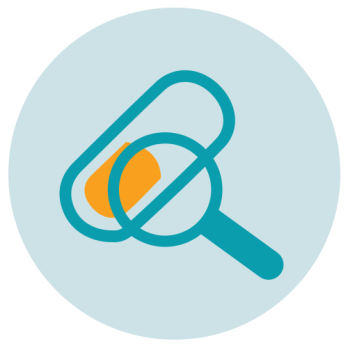

In 431 projects awarded to date.
€814.30 M
Total funding
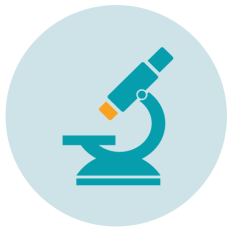


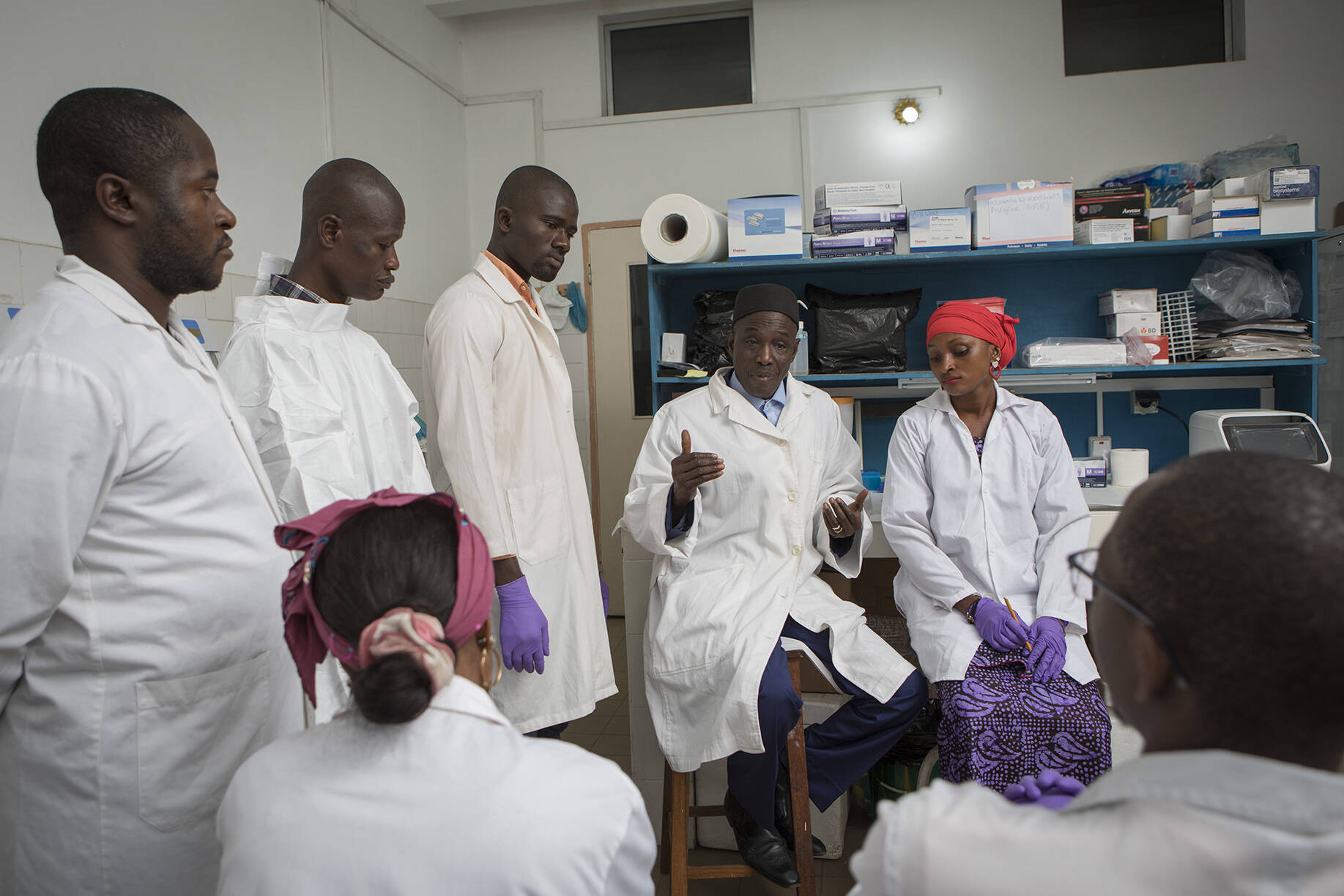
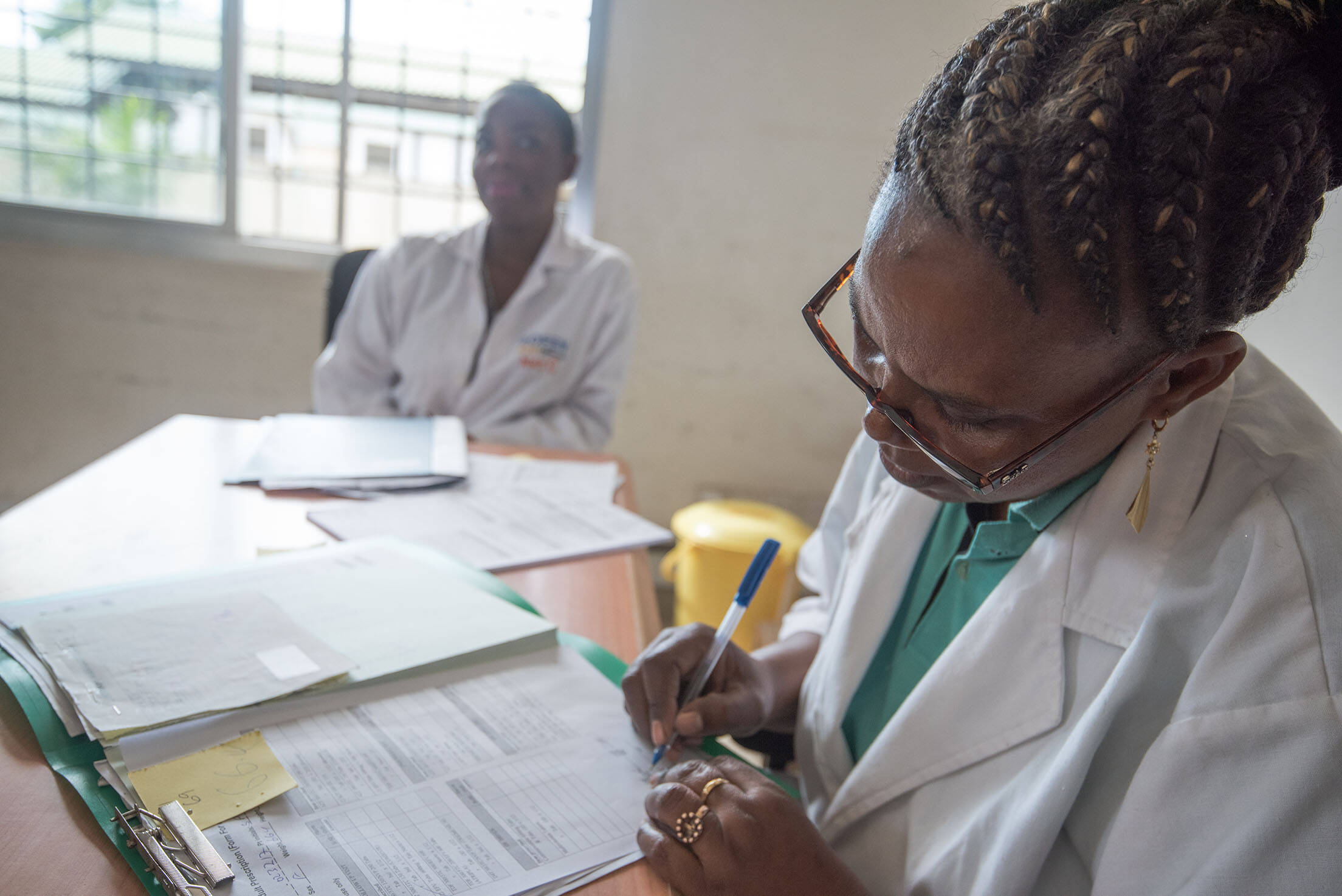
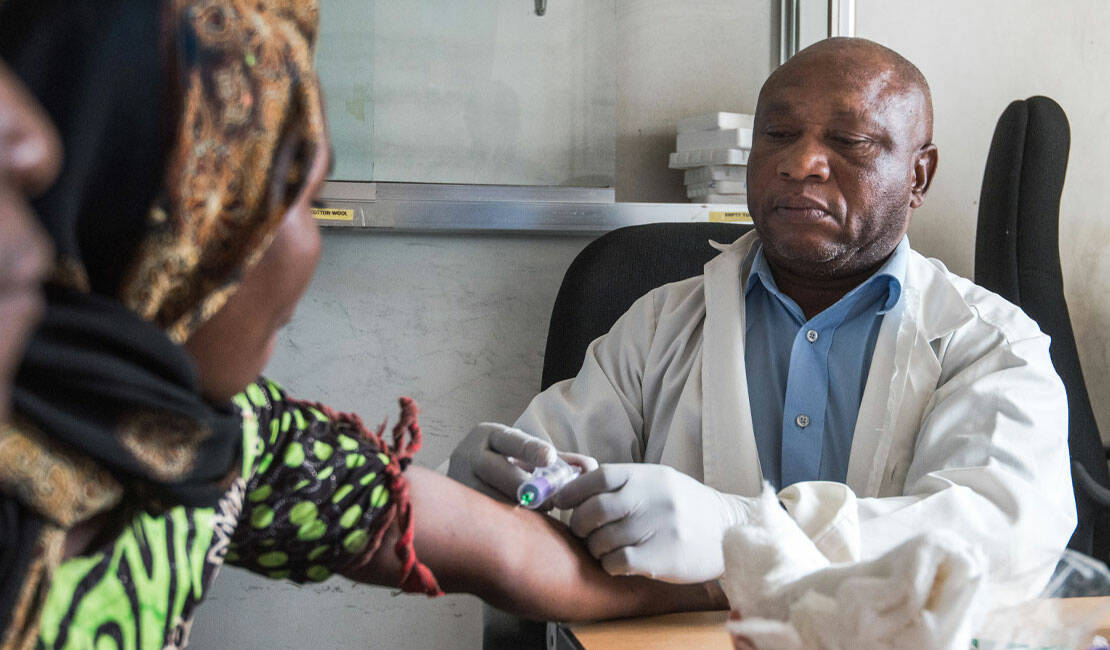
2014-2021

EDCTP’s investment in research & development
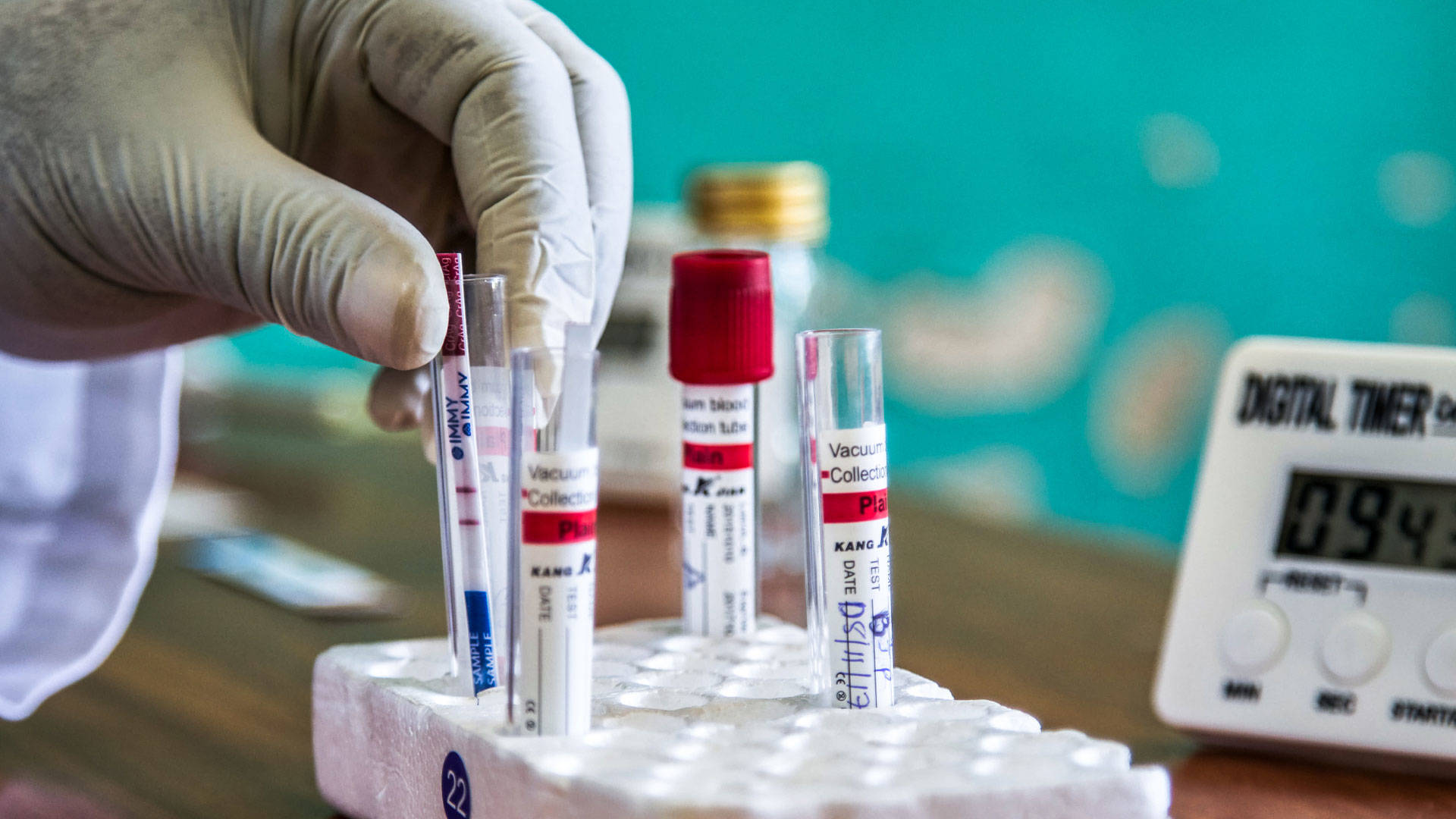
The later CHAPAS-3 trial compared the efficacy and safety of three fixed-dose combinations including two without stavudine (found to have some long-term side effects in adults, leading to a recommendation that its use be discontinued in children). The trial the first of its kind in Africa studied nearly 500 children at four sites in two African countries.

The project


“
crucial in
widening African
children’s access
to antiretrovirals
”
The CHAPAS-1 trial evaluated a new fixed-dose combination containing three antiretroviral drugs – stavudine, lamivudine and nevirapine – in a formulation designed specifically for children. Its key aim was to analyse how the active ingredients in the new tablets were metabolised by children, to ensure that drug concentrations in the body would be high enough to control HIV but not so high that they would cause serious side effects.
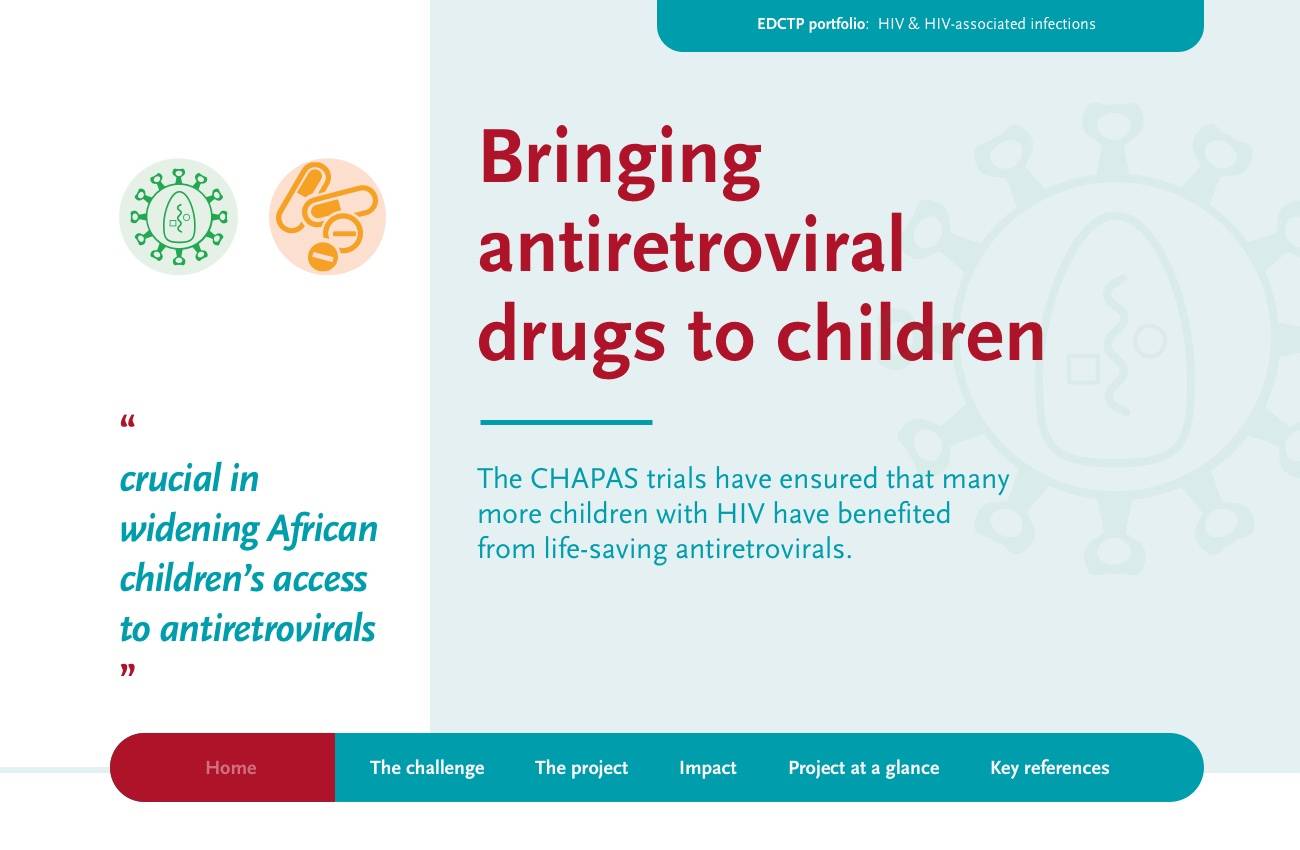
ratios forfixed-dose combinations and on appropriatedosage according to weight.
The CHAPAS-3 trial confirmed the effectiveness of fixed-dose combinations, providing further impetus to the rollout of antiretrovirals to children. Its evidence on abacavir informed the WHO recommendation of abacavir-containing combinations for first-line therapy in children. Trial data have also been used to support applications for regulatory approval for new scored efavirenz tablets.

Impact


“
crucial in
widening African
children’s access
to antiretrovirals
”
The CHAPAS studies have been highly influential.CHAPAS-1 data contributed to the approval ofspecific HIV medicines (Triomune Baby/Junior)by the US Food and Drug Administration in 2007.The development of fixed-dose combinations was crucial in widening African children’s accessto antiretrovirals provided through initiativessuch as the US President’s Emergency Plan forHIV/AIDS Relief (PEPFAR) and the Clinton HIV/AIDS Initiative. The study also informed WHO recommendations on optimal drug

Note:
A further €110.47M for 246 grants was awarded to projects on non-intervention-specific topics.
*EDCTP grants only
By intervention
Note:
A further €58.01M for 153 grants was awarded to projects on non-disease-specific topics.
*EDCTP grants only
**EDCTP. grants only
By disease
2003-2018
EDCTP’s investment
in research & development

In 431 projects awarded to date.
€814.30 M
Total funding



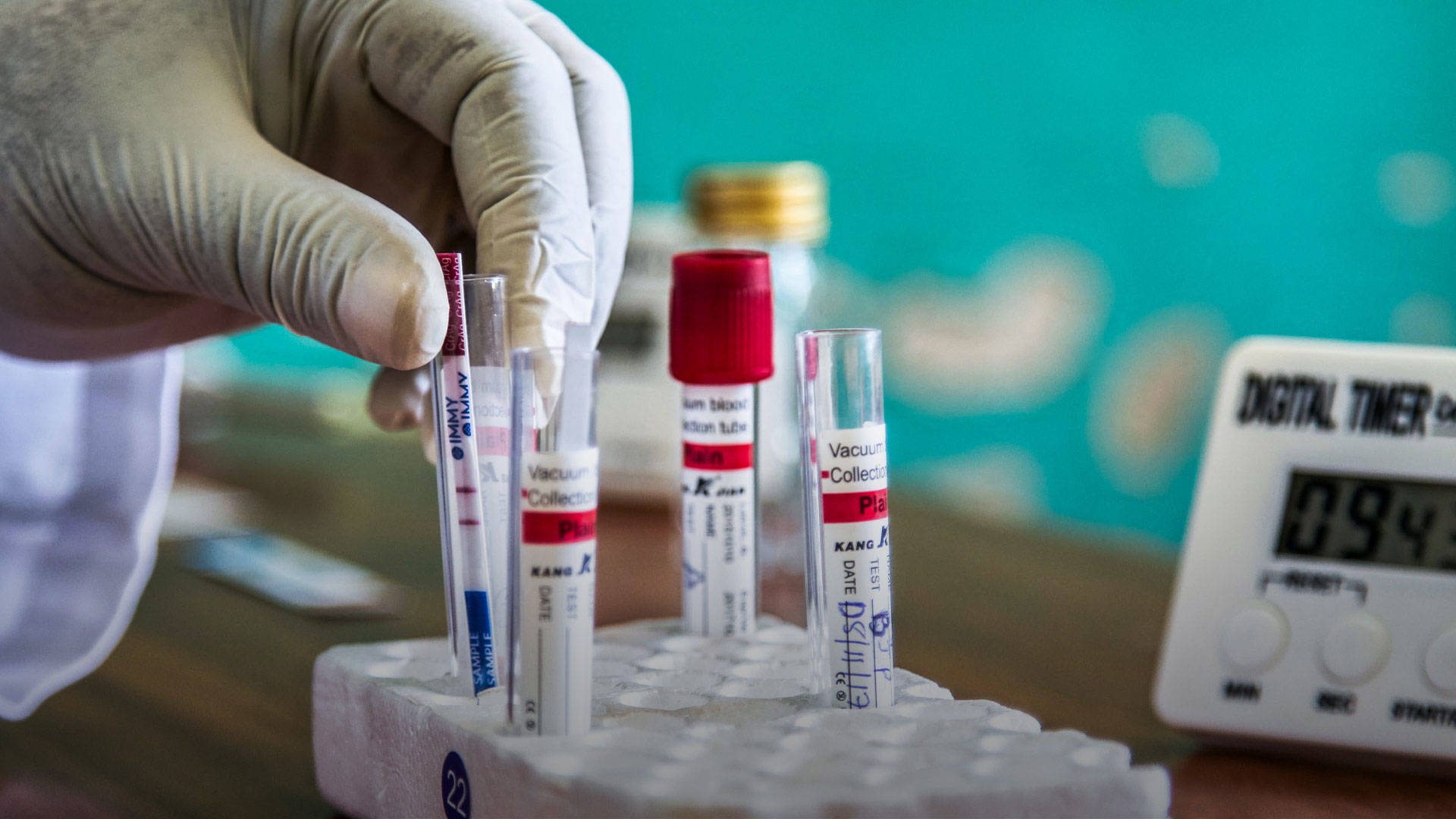

17
EDCTP African member countries participated in a survey to inform the development of a strategic policy plan for strengthening health research systems capacities of countries in sub-Saharan Africa. This project is a joint initiative between EDCTP and WHO-TDR.
3
grant consortia were established through an EDCTP call to support health systems/service optimisation research capacities in cooperation with development assistant’. Two of these consortia received funding from international development cooperation
partners (SIDA and USAID).
68
private sector entities are involved in EDCTP projects. By end of 2018 , these organisations have received €49.42 M in grant value.
External partnerships
Increase interaction with other EU initiatives, including those linked to development assistance.

60%
of the total EDCTP grant value is allocated to sub-Saharan African institutions (€186 million).
52
countries participate in EDCTP-funded activities: 36 sub-Saharan African countries and 16 European countries.
279
institutions are involved in EDCTP projects: 173 sub-Saharan African institutions and 106 European institutions.
16
sub-Saharan African countries are full members of the EDCTP Association. These members have contributed to a total of €1.21 million by end of 2018 through the Participating States’ Initiated Activities (PISIAs) – research activities within the scope of the EDCTP programme that are funded and implemented by one or more member countries.
External partnerships
Increase international cooperation with public
and private partners.
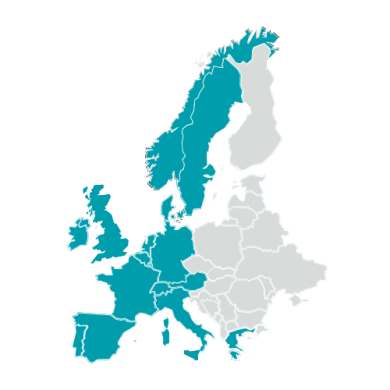
€121 M
the total cash received from the European Participating States to the EDCTP programme.
30
researchers from sub-Saharan Africa received funding from the ‘Joint WHO-AFRO/TDR/EDCTP Small Grants Scheme for implementation research on infectious diseases of poverty launched in 2017. The call was supported through a partnership between Germany, Sweden and the UK.
European coordination
Improve coordination alignment and integration of
European National Programmes.
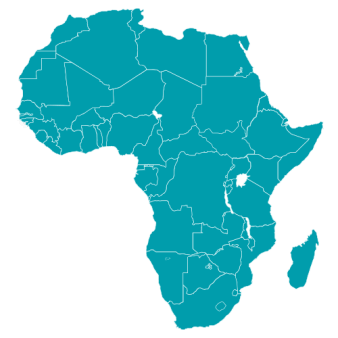
42
sub-Saharan African institutions in
28 countries participate in the EDCTP- supported Networks of Excellence: CANTAM (Central Africa), WANETAM (Western Africa), TESA (Southern Africa)
and EACCR (Eastern Africa).
2000
trainees beneted from EDCTP project-related trainings and workshops on
topics such as study protocol, specimen collection, research and administration, Good Clinical Practice and epidemics
preparedness.
€23.43 M
has been invested to support preparedness of 6 sub-Saharan African countries in the ght against Ebola
outbreaks.
89
fellowships that focus on the career development of researchers.
€30.40 M
is the total grant investment to support 39 projects to strengthen the enabling environment for clinical trials and research in sub-Saharan Africa.
24
sub-Saharan African countries have received EDCTP support for the establishment of functional regulatory systems and capacities for ethical review of clinical research.
Collaboration and capacity development
Increase cooperation
with sub-Saharan Africa through capacity building for conducting clinical trials according to ethical principles and regulatory standards
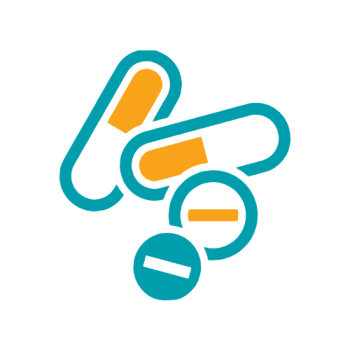
32
Sub-Saharan Africa countries hosts recruitment sites of EDCTP-funded collaborative clinical studies.
12%(10)
of the large-scale clinical studies involve post-license (phase IV) studies with a view to inuencing health policies and practice and optimising the delivery of medical interventions for the wide-range of sub-Saharan health systems and diverse populations.
22%(18)
of studies target pregnant women and newborns. Other key populations are also involved in the studies, such as children (29; 36%) and adolescents
(35; 43 %).
86%(€487 M)
of the total EDCTP investment is into grants supporting 82 collaborative clinical studies and clinical trials.
56%(46)
are phase II and III trials of drugs and vaccines which aim to deliver key evidence on safety and ecacy. The phase 3 trials also aim to provide data to support product registration.
Medical interventions
New or improved medical interventions against
poverty-related infectious diseases.
Towards
EDCTP2’s
objectives


